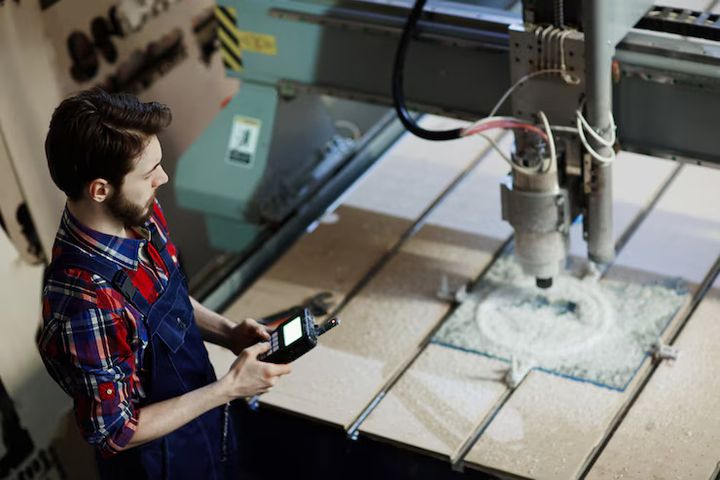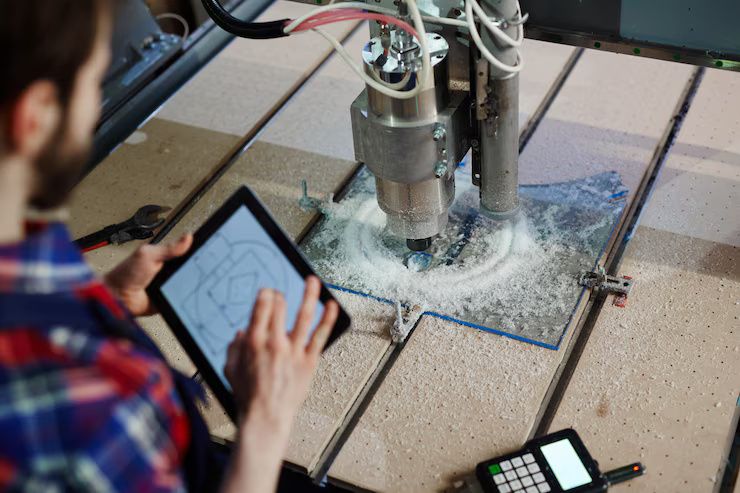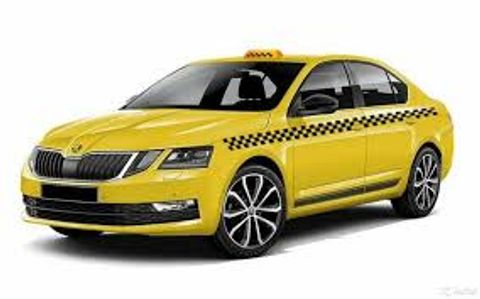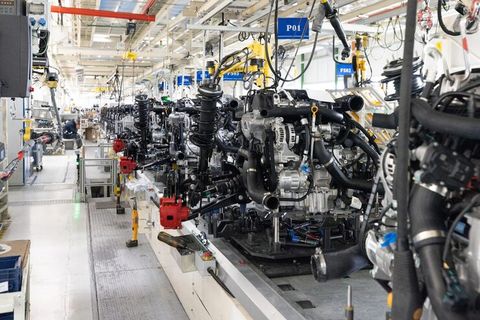
How CNC Machines Are Powering Modern Manufacturing
Computer Numerical Control (CNC) machines are automatic equipment that follows the instructions designed to cut, size and produce high accuracy products. Unlike manual machining, CNC machines reduce the possibility of human error and speed up production.
They appeared in reaction to the increasing demand for accurate, scalability and efficiency in industries such as aerospace, automotive, electronics and health care. Today, CNC machines form the basis for advanced production, which enables both large -scale production and adapted construction.

Meaning - Why CNC machines mean something today
CNC technology has become indispensable in modern industries due to several reasons:
Accurate and accuracy: Aerospace, is necessary for components of defense and medical equipment.
Productivity: CNC machines are run continuously and increase production production.
Cost demonstration: Low waste and custom materials use low production costs.
Flexibility: A machine can change the programs and produce different parts.
Global competition: Manufacturers using CNC can quickly distribute high quality products.
| Feature | Manual Machining | CNC Machining |
|---|---|---|
| Accuracy | Depends on operator | Micron-level precision |
| Production speed | Slower | Continuous, faster |
| Labor requirement | Skilled machinists | Fewer operators needed |
| Scalability | Limited | High, suitable for mass production |
CNC machines bridge the gap between performance and innovation, making them critical for small workshops and massive-scale factories alike.
Recent Updates – CNC Manufacturing in 2024–2025
Several new trends and technological shifts have fashioned CNC machining lately:
AI and Machine Learning Integration (2024): Smart CNC systems now analyze performance information to optimize slicing speed and are expecting renovation desires.
Hybrid CNC Machines: Combining CNC with additive manufacturing (three-D printing) to permit both subtractive and additive methods in one gadget.
Sustainability Focus: Manufacturers are adopting CNC machines designed to minimize electricity intake and cloth waste.
Automation Growth: Robotic hands are more and more paired with CNC machines for loading, unloading, and finishing, reducing labor fees.
Global Market Expansion (2025): The CNC marketplace has grown due to increased call for in emerging economies like India, Vietnam, and Brazil.
Laws or Guidelines - Rules affecting CNC machines
Government and industry bodies regulate CNC use to ensure safety, quality and environmental compliance:
USA: OSHA (Vocational Safety and Health Administration) implements safety rules for CNC operators including machine guard and operator training.
EU: CE marking is mandatory for CNC machines sold in Europe, ensures compliance with the safety instructions for machines.
India: Bureau of Indian Standards (BIS) certification is required for machine imports and local production.
China: Strong incentives and subsidies are provided for manufacturers who use smart CNC technologies to increase productivity.
Environmental policy: CNC producers in many fields require to use environmentally friendly practices, such as energy-threatened engines and low emissions.
These rules ensure that CNC machines meet global security standards that support permanent growth.
Tools and Resources - AssisteThelpyons for CNC users
Businesses and individuals searching for CNC machining can use different equipment and platforms:
CAD/CAM software: AutoCAD, Solidworks and Fusion 360s help produce design and CNC-compatible instructions.
CNC Simulation Software: Programcam Simulator like MasterCam Simulator lets operators test almost programs before actual machining.
CNC training platforms: Websites such as Coursra, Udemy and MIT OpenCourseware offer early up-up CNC training course.
Industry standards: ISO 9001 and as 9100 certificates help companies maintain the quality of CNC production.
Feel free to calculator: Online calculators help cut the feed speeds, spindle speed and depth for different materials.
Common questions - CNC machines in modern production
Q1. Which industries benefit most from CNC machines?
Industries such as Aerospace, Automotive, Defense, Medical Devices Manufacturing and Electronics chair a lot on CNC due to accurate needs.
Q2. Are CNC machines cost -effective for small businesses?
Yes. While starting costs are high, CNC machines reduce work needs and physical waste, offering long -term savings.
Q3. What skills are required to operate the CNC machine?
Operators should know programming languages such as G-Code, CAD/CAM software and basic machining principles. Exercise programs are widely available.
Q4. Can CNC machines work with all material?
CNC machines can handle metals, plastic, composite, wood and ceramics depending on machine and cutting tools.
Q5. How do CNC machines contribute to stability?
By adapting physical use, reducing waste and improving energy efficiency, CNC machines helped manufacturers to meet environmentally friendly goals.
Final thoughts
CNC machines are in the heart of modern production, replacing design, production and scale products from industries. Their role is beyond automation - they enable innovation, efficiency and stability.
With progress in AI, hybrid production and smart monitoring, CNC technology is expected to grow further to shape the future of the global industry. Business Hugging CNC machines may remain competitive in accordance with global standards for safety, quality and environmental responsibility.










